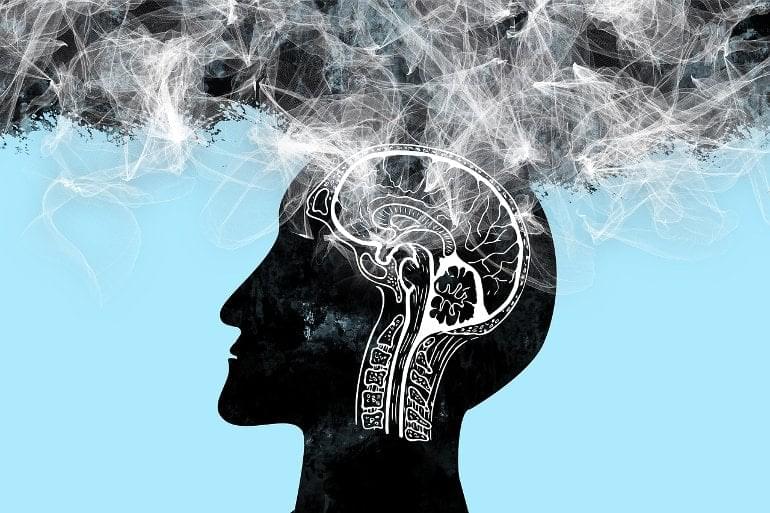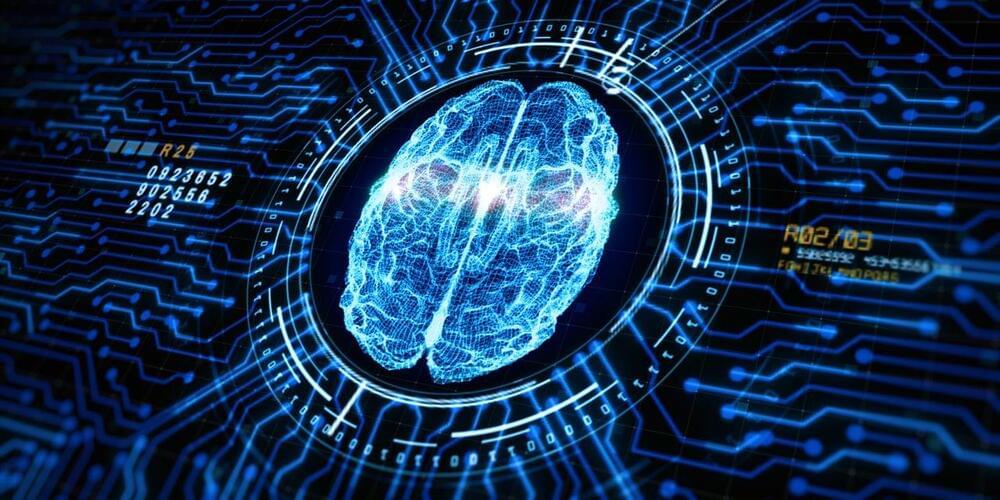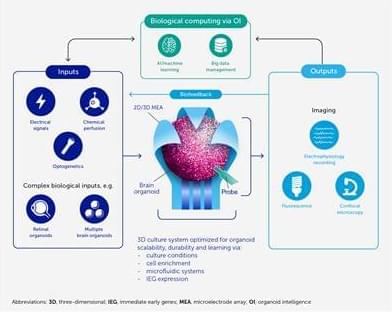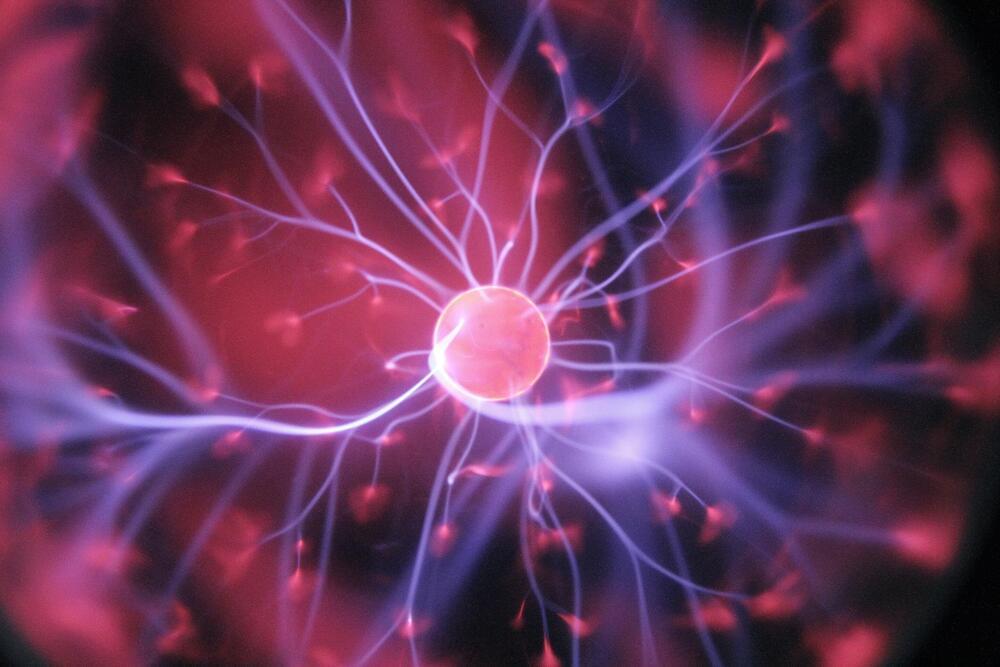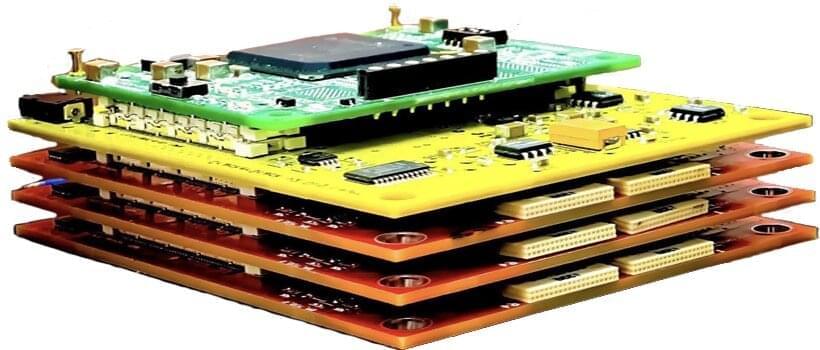New technologies can greatly advance research in various fields, including medicine and neuroscience. In recent years, for instance, engineers have created increasingly sophisticated devices to record brain activity and other biological signals with high precision.
A multi-disciplinary research team at University of California, Los Angeles (UCLA) and other institutes in the U.S. have recently developed the Neuro-stack, a new wearable technology that can record the activity of single neurons in the brain as a human being is walking or moving. This device, presented in a paper published in Nature Neuroscience, could help to gather valuable insight about neuronal activity during walking, while also potentially improving treatments for brain disorders.
“Our study was motivated by the need for smaller size and more flexible devices for clinical neuroscience,” Dejan Markovic, one of the researchers who carried out the study, told Medical Xpress. “Our primary objectives were to make a device that is small enough to be wearable, for mobile experiments, and to provide broadband recordings including local field potentials and single units.”
